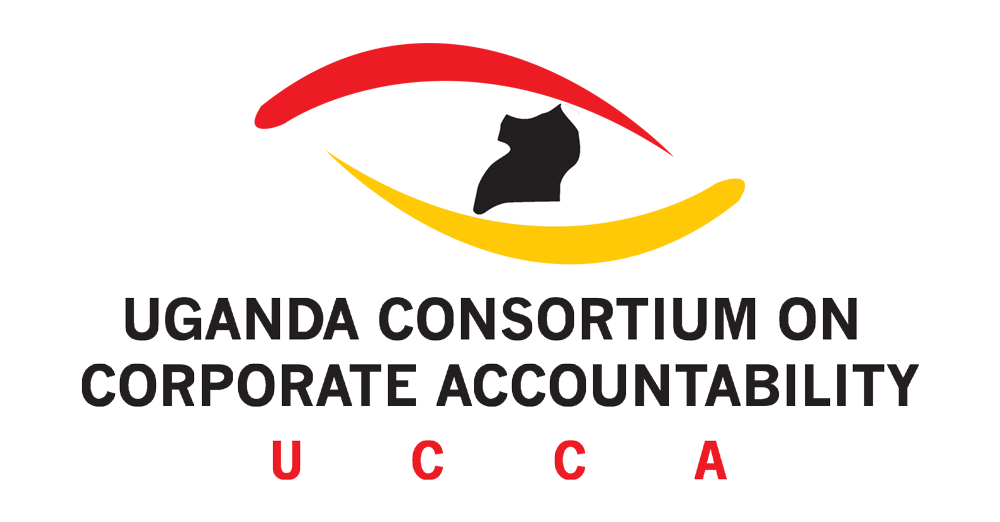Why Lugave clan tree makes fast-tracking the social impact assessment bill critical

The conduct of impact assessment particularly for social aspects should be a cardinal facet in undertaking major projects, large-scale business activities as well as infrastructure development.
It is critical that the state and business actors conduct social cost implications relative to the utilization and development of natural resources. This true value system ought to take due cognizance of all social aspects, their mitigation and/or compensation of the affected, particularly paying special attention to the indigenous, vulnerable and underrepresented persons including the elderly, disabled, women and children.
Businesses and projects do not operate in isolation of the population. Communities within which they operate form a vital cog in the implementation, sustenance and eventual success of the project. Focus has largely been on the physical environment, whereas social impacts have often been poorly or only partially addressed in project development preparations prior to implementation.
The discussions around the Lugave clan tree (commonly known as ‘Nabukalu’) and the subsequent High court case judgement makes it clear that with the merging of the Environmental and Social Impact Assessments, prominence is given to the former and the latter assessments are often ignored. Typically, social issues are not tackled comprehensively as part of the impact assessment process and while some degree of public consultation is required by law, this is often done in a cursory manner.
The National Environment Act of 2019 neither addresses social impact assessment in its entirety nor provides measures to implement it in a way that promotes comprehensive assessment of social issues but only embraces it in a complementary fashion to environmental impacts. Enjoining both aspects (environmental and social) without particularly capturing crucial issues regarding social impact assessment is a legal policy void that requires the fast-tracking of the proposed SIAA Bill.
Indeed, beyond the legislative provision in the National Environment Act, impact assessments have largely been about environmental issues and this has created a veritable challenge in realizing social rights. The proposed bill, thus would undoubtedly attempt to cover the uncharted ocean of social accountability issues, particularly relating to large-scale business operations and project implementation.
It will embody specific practicable social standards critical for the operation and commencement of any business or project. This bill will provide a comprehensive legal framework on social impact assessment and accountability as well as management of social safeguards in development processes. This proposed piece of legislation is undoubtedly an innovative approach to enhancing social impact management in Uganda. It will integrate the various elements of current social impact assessment into a single sector-specific policy framework and prompt inclusion of vulnerable groups in development projects, including mitigation of risks.
As such, the proposed Social Impact Assessment and Accountability legislation will define and strengthen requirements for social impact assessment in the National Environment Act. It will bring about the notion of accountability and effective participation, which lie central at ensuring that adverse impacts do not disproportionately affect the poor and vulnerable but also crucially are in tandem with the United Nations Guiding Principles (UNGPs) on business and human rights.
Further, the bill will enhance the realization and promotion of social rights as they relate to corporate activity. Communities and affected persons will be adequately compensated after assessment of all social costs. To corporations and business entities in Uganda, the proposed bill will improve the quality of project design and implementation in numerous ways. It will assist in identifying and managing potential adverse social impacts, while maximizing project benefits to local communities and other groups.
Certainly, the SIAA process will help to strengthen local understanding and support for projects and ultimately enhance efficiency and effectiveness of project implementation. During implementation, the SIAA will provide information from the people and enhance continued stakeholder engagement to enable adaptive, responsive, and cost-effective project management.
The bill will provide new approaches involving local participation in decision-making, protection of the vulnerable and punishment for those who fail to adhere to the set principles while taking due cognizance of the diversity and variance in the social spectrum. This will provide a new lease of life for the various long neglected social issues. Being people-centered, the SIAA will reflect a fundamental shift, with business enterprises legally obliged to ensure policies and processes are participatory and comprehensive in coverage as possible, thus respecting the agency of the people.
This will consequently result into greater participation by local residents, spur an increase in trust of the SIAA process and greater accountability by business actors. Legal and policy models, which factor participatory values and accountability into project implementation, are crucial aspects of responsible business conduct. Surely, an approach that attempts to integrate social factors is preferable and much needed.
The proposed bill will facilitate the systematic integration of social issues in the planning and implementation of projects, improve the quality and sustainability of projects, as well as enhance project acceptance and local ownership by the people, ultimately avoiding eventualities such as those of the Nabukalu.
The author is a project officer, Uganda Consortium on Corporate Accountability (UCCA).
